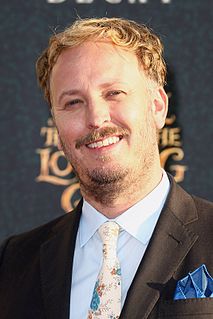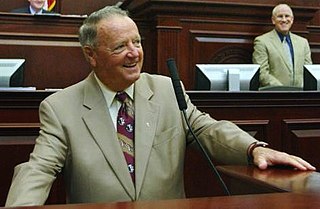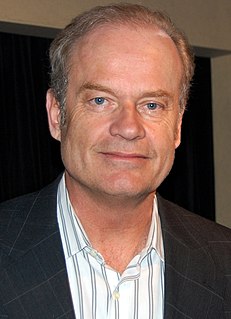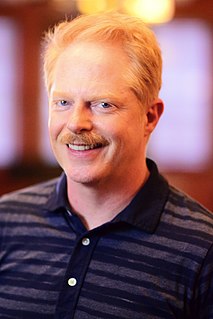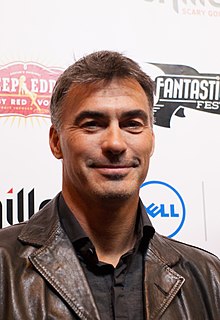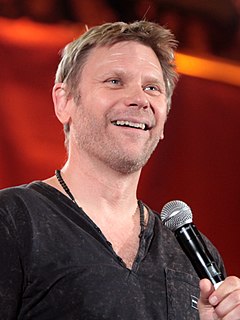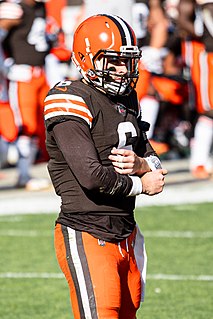A Quote by Denis O'Hare
Evil is such a simplistic way to describe any character, be it Iago or Caliban, or any character from history.
Related Quotes
Cable news is 24 hours long so you have to fill it up with something. No, the Muppets are not communist. And the character of Tex Richman is not an allegory for capitalism in any way. The character is called Tex Richman. It's a joke. Clearly he is a classic, old school bad guy. He's bad not because he works for an oil company but because he's evil. No, it's not a communist movie in any way.
I kind of cheer the presence of any gay characters at all - I think the more we can saturate television with any gay character or lesbian character or transgender character, I think that's a really great thing. We're kind of getting past the fact that they're the punchline or that they're the novelty.
My work sanitizes it (emotion) but it is also symbolic of commercial art sanitizing human feelings. I think it can be read that way.... People mistake the character of line for the character of art. But it's really the position of line that's important, or the position of anything, any contrast, not the character of it.
When I'm writing, I try to have the mask of my character on as I'm walking through the world. When I'm not at my desk, the rest of the time, I try to stay in that character and see the world the way that character would It's almost like method acting in a way — keeping the character close the way the actor keeps a script close and always tries to be in character.

